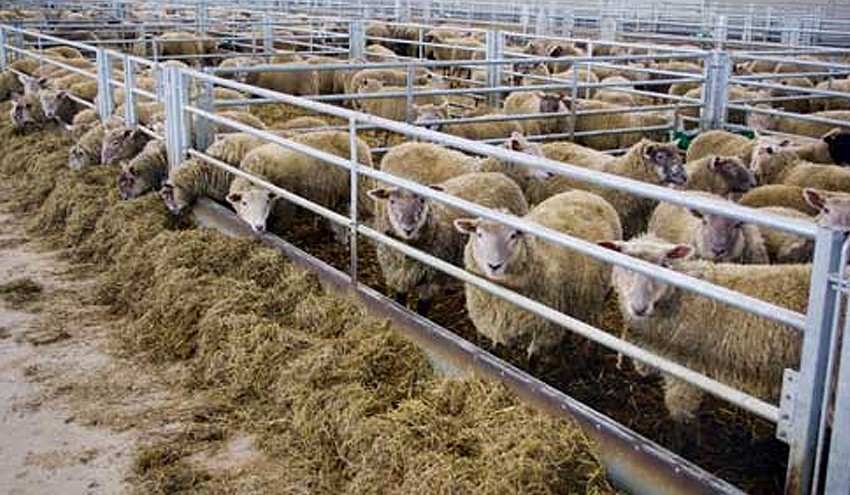29/01/2024
29/01/2024

KUWAIT CITY, Jan 29: The recent decision by the Ministry of Trade and Industry to prohibit the slaughter of female sheep has added fuel to the already heated prices in the fresh meat market. The decision, aimed at preserving fresh meat in the country and stabilizing prices, particularly ahead of the approaching month of Ramadan, has generated mixed reactions.
The directive, issued in the middle of this month, includes a prohibition on the slaughter of female sheep unless they are old, injured, or sick, backed by a certification from the General Authority for Agriculture and Fisheries. The move is intended to control prices, but it has inadvertently led to a surge in the cost of carcasses.
During a survey of prices and public opinions of the livestock market in Jleeb Al-Shuyoukh, Al-Rai spoke with citizen Badr Nasser Al-Shammari, who shared his frustration after purchasing a female local sheep, known as a "rakhla," for 120 dinars. Adhering to the Ministry of Commerce's decision, the slaughterhouse refused to process the slaughter. Al-Shammari returned the sheep to its owner, regaining his money. He expressed regret over not achieving his goal and urged the Ministry of Commerce to reconsider the decision.
This sentiment was echoed by citizen Badr Al-Ali, who pointed out that prices were already high before Ramadan, questioning how much higher they would rise. He criticized the decision, stating that the ban on slaughtering females is ill-considered since a significant portion of imported female sheep is intended for consumption rather than breeding.
Another concerned citizen, Abu Dawoud, urged the Ministry of Commerce to reconsider its decision and suggested excluding imported female sheep from the ban. He argued that most imported meat is "loose" female meat, and its prices are more suitable for consumers. Dawoud warned that continuing to implement the decision could further raise prices, especially with Ramadan approaching, emphasizing that the local product does not meet 20 percent of the market's demand for fresh meat.
Highlighting the current market dynamics, Dawoud shared that imported meat prices range between 130 and 170 dinars for Al-Nuaimi and from 100 to 130 dinars for Al-Shafali. In comparison, local sheep prices exceed these figures by no less than 30 dinars. The controversy surrounding the ban on slaughtering female sheep continues to draw attention as stakeholders voice concerns about its impact on prices and market dynamics.


